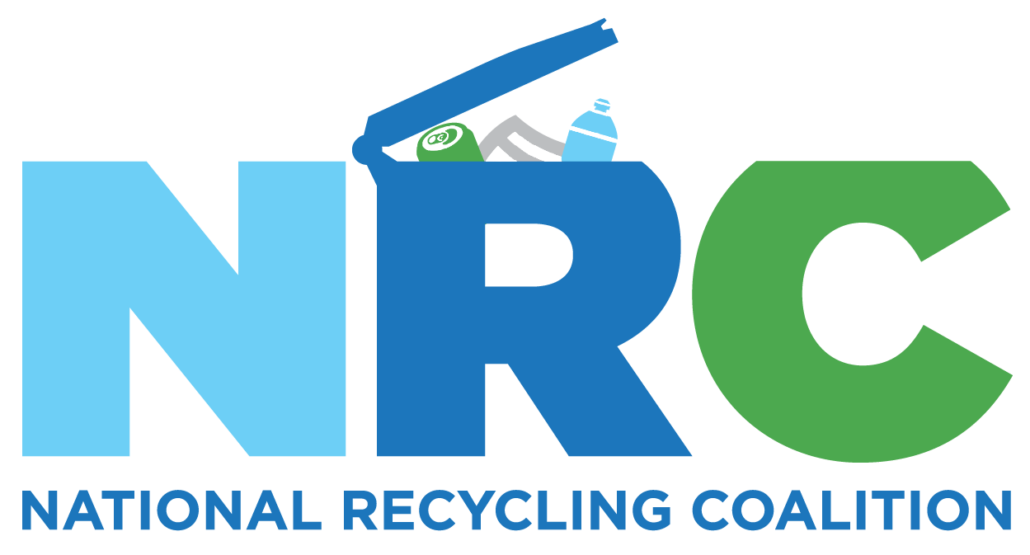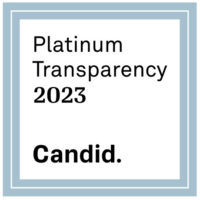ADVOCACY
NRC Advocacy Positions
In 2021, the NRC Board of Directors approved an advocacy plan titled Recycling is Infrastructure Too, advocating for waste reduction, reuse, recycling, and composting funding in the US Congressional discussions for Infrastructure funds. The Recycling is Infrastructure Too Campaign (RIIT) included a letter to the Biden-Harris Administration, letters to various members of Congress, webinars to our members on how to petition Congress on behalf of federal funding for our industry, and webinars on how to apply for grants from the resulting federal grants programs.
The National Recycling Coalition’s (NRC) Board of Directors unanimously endorsed 10 areas of agreement (see below) developed by the Policy Research Committee’s (PRC) Advocacy Message Subcommittee based on the input received from more than 20 of NRC’s state recycling organizations (SROs).
Areas of Agreement
|
Advocate voluntary national source reduction and recycling national goals to promote resource conservation and waste reduction. |
|
Recognize that municipal solid waste (MSW) planning is being implemented in most states and local jurisdictions and continue to support these efforts as necessary and important elements of municipal solid waste and resource management. NRC supports the implementation of the resource/solid waste management hierarchy and integrated MSW planning that includes source reduction, reuse, recycling and composting. NRC supports national efforts to develop cost and benefit models for implementing the hierarchy taking into consideration the economic and environmental costs and benefits of different materials and MSW management options. |
 |
Continue to support a national landfill ban on yard debris and consider supporting bans on other materials where markets and infrastructure exist for recycling. NRC has provided information on existing landfill bans at the state level and developed a national strategy for composting source-separated organic materials. |
|
Continue to advocate demand-side policies if voluntary utilization goals are not met. NRC supports mandatory minimum content standards and other incentives to achieve higher utilization rates for major materials in MSW, if voluntary goals are not met. |
|
Support time-limited price preferences for recycled content products and the continuation of federal government efforts to develop national guidelines and standards for recycled content products. NRC continues to comment on and monitor the implementation of national procurement guidelines recycled content products. NRC is currently working with the Office of the Federal Environmental Executive to increase government procurement of recycled paper products consistent with President Clinton’s Executive Order on Waste Reduction and Recycling. |
|
Support the implementation of full cost accounting principles. NRC has developed an issue paper and fact sheet on full cost accounting to promote full cost accounting to state and local government officials. In addition, NRC staff serves on EPA’s Full Cost Accounting Work Group and recently cosponsored a satellite forum on full cost accounting with EPA. |
|
Support the elimination of virgin material subsidies which adversely impact the demand for recycled materials and products. NRC is gathering information on federal policies, which subsidize the extraction, use and disposal of virgin materials to determine their impact on the demand for recycled materials and products. NRC is working to build coalitions with other organizations attempting to eliminate these subsidies at the federal level. |
 |
NRC has endorsed proposed legislation to extend federal tax exempt financing currently available for incinerators and landfills to recycling facilities. NRC supports state and federal tax credits to increase private sector investment in recycling. NRC has cosponsored Investment Forums for recycling companies and a National Recycling Financing Symposium and Roundtable to develop a national strategy to increase capital investment in the recycling industry. |
|
Advocate the development of criteria for use of the chasing arrows symbol and support the disclosure of recycled content percentages, including post-consumer content, on product-1 package labels. NRC has testified before the Federal Trade Commission (FTC) on federal guidelines for labeling recycled content and recyclable packaging and products and EPA guidelines for environmentally preferable products. NRC has made recommendations on changes to the Society of the Plastic Industry (SPI) resin identification code to eliminate confusing and misleading applications of the code. |
|
Advocate federal funding for recycling public awareness campaigns and EPA technica1 assistance on recycling and waste reduction tailored to meet loca1 and state needs. NRC has provided input to the U.S. EPA on technical assistance needs of state and local governments for implementing recycling and waste reduction programs and has received grant funding from EPA to promote buy recycled programs, source reduction, market-based initiatives and education campaigns to increase recycling. EPA also has sponsored numerous workshops and sessions at NRC’s annual conference to address technical assistance needs, including workshops on full cost accounting and measuring recycling. |
Address:
National Recycling Coalition
Box 314, 1151 Eagle Drive
Loveland, CO 80537
Email:
Copyright 2025, National Recycling Coalition. All rights reserved.









